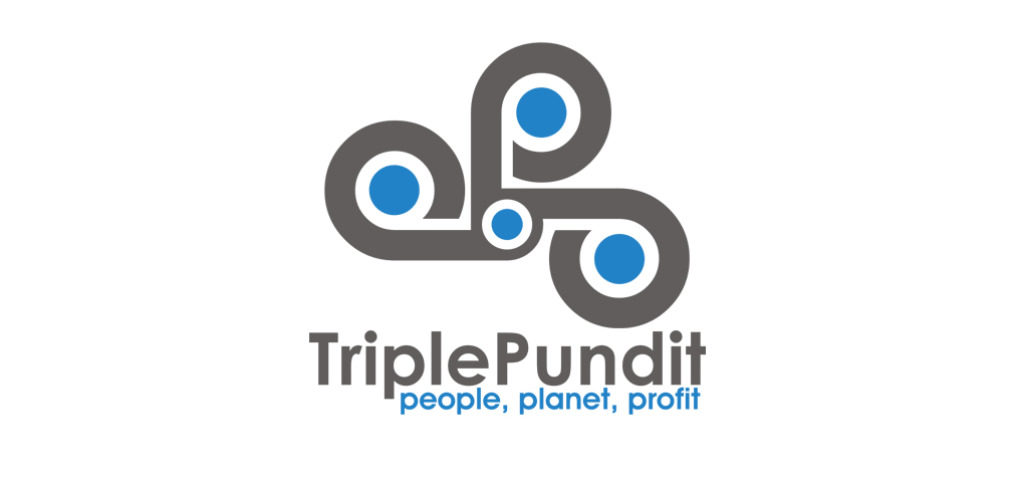
The Reasons to Divest from Fossil Fuels: Financial, Ecological and Moral
Climate change is accelerating. We are running out of time to stop the earth’s temperature from rising beyond 2 degrees Celsius, at which point climate scientists forecast irreversible global devastation.
As governments move ever-so-slowly to determine viable policy solutions to climate change, there is a rapidly growing movement elevating public awareness of the importance of curtailing investments in fossil fuel companies and re-investing in clean energy solutions. This movement is called “Divest-Invest.”
Ellen Dorsey, executive director of the Wallace Global Fund, laid out the first Divest-Invest campaign during a small meeting at the Alliance for Sustainable Colorado in Denver in 2010. She applied the Sullivan Principles, which advocated boycotting investments in South Africa to end apartheid, to coal.
By September, 2014, Divest-Invest had expanded to all fossil fuels, and has since enlisted collective divestment pledges of over $50 billion in assets from more than 800 endowments, including the Guardian Media Group, the World Council of Churches and the Rockefeller Brothers Fund (RBF). Although RBF’s assets were derived from Standard Oil, Valerie Rockefeller Wayne (a great-great-granddaughter of oil magnate John D. Rockefeller Sr.) told the Washington Post that “there is a moral imperative to preserve a healthy planet.”
So far 21 U.S. colleges and universities with $4 billion in endowment assets, led by the University of Dayton and Syracuse University, have committed to divesting from key fossil fuel companies. Stanford University has divested its endowment of coal producers. Popularized by Bill McKibben, 350.org and many others, the Divest-Invest campaign has grown virally into what Cambridge University calls “the fastest-growing divestment movement in history.”
Divestment is not about dismantling the fossil fuel industry; it’s about the critical urgency of energy companies changing their business models to transition away from combusting fossil fuels and developing environmentally benign energy generation. When the “carbon bubble” bursts, the value of companies invested in fossil fuels will fall.
There are Divest-Invest opportunities for any individual, organization or institution with a savings account or an endowment. If a university has a mission to advance knowledge and learning, then it has a fiduciary responsibility to align its investments with that mission. As another example, if a foundation is making investments in companies, which are fueling the problems their grantees are endeavoring to solve, those investments are counter-productive.
Recently, the Church of England divested over $18 million and Prince Charles is reportedly on the brink of divesting, as well. In March, the United Nations lent its “moral authority” to the movement. “We support divestment as it sends a signal to companies, especially coal companies, that the age of ‘burn what you like, when you like’ cannot continue,” said Nick Nuttall, a spokesman for the UN Framework Convention on Climate Change (UNFCCC).
Instead of looking backward, we need to look forward. So, what can we re-invest in? Many of the investments which are good for the climate also benefit the triple bottom line – people, planet, profits. In the energy sector, for example, viable clean alternatives to fossil fuels include wind power and solar energy. Costs have dropped dramatically so that these options are competitive with natural gas. Now that Tesla and other companies are improving battery storage, we’re going to see even more rapid growth and creative applications of these infinite sources of clean energy.
We can re-invest in technologies that improve efficiency and reduce waste, such as low-flow toilets and drip irrigation. Or buildings that achieve the U.S. Green Building Council’s LEED certification because they’re designed and constructed to maximize efficiency, source materials locally, and benefit the health and productivity of its inhabitants. In the transportation sector, we can re-invest in high-performance, low-emission, energy-efficient ways to move passengers and freight. Sustainable food production is also a good investment – localized, organic farming and processing operations.
All of these issues and more will be at the forefront this week at the Alliance for Sustainable Colorado’s first-ever Divest and Sustainable Investment Convergence. Divest-Invest leaders and experts will be arriving from around the world, with events coordinated by the Intentional Endowment Network, Divest-Invest Philanthropy, Health Care without Harm, GreenFaith, As You Sow and the Divest-Invest Coordinating Committee. We intend for these events to accelerate progress locally and contribute to the momentum of the movement nationally.
The Divest-Invest movement aligns the practical financial reasons to protect one’s investments from the declining fossil fuel sector, with the practical and urgent moral reasons to protect the integrity of ecological systems that enable all of life. Join us.
